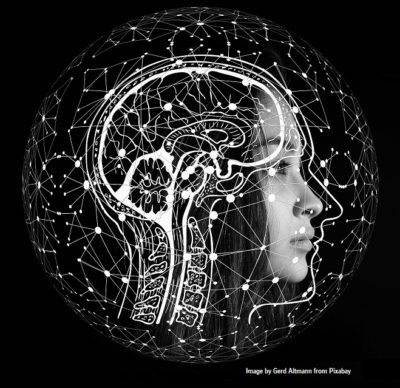By Aaron Reider LLPC
Congregational
For my first post, I thought I would break down one of the therapeutic interventions I use at my practice. With respect to the economy of language, rather than divulge into a lengthy post about the history of Brainspotting, its creator, and the neurobiological components, I’m going to provide you all with the bullet points of Brainspotting.
What is
Brainspotting?

Simply, Brainspotting is a therapeutic technique utilizing stagnant eye positions to process dysphoric feelings or experiences. The creator of Brainspotting, David Grand, discovered that where individuals look directly correlates to how they feel. Essentially, there exist eye positions that directly correlate to the recollection of both traumatic and calming thoughts and memories in the brain. Thus, a brainspot is simply the point in the brain that fosters a connection between where an individual is looking and the memory or thought they are recalling.
So, I have a
Brainspot. What are you going to do with it?
As Brainspots are identified we can
use therapeutic intervention to begin to reduce the trauma or dysphoric
feelings associated with the spot. Resolution is accomplished through first
identifying the position of the spot and then holding the position while
processing the belief, memory, thought, etc. This is believed to be possible
because both vision processing and emotional regulation occur in similar areas
of the brain.
What is a session
like?
A session begins
with discussing your reason for seeking therapy. As we discuss your reason, we
will begin to associate your cognitions with physical sensations in your body.
As the session progresses, we will then identify one of the Brainspots associated with your particular reason for
referral. The spot will be held and processed in the space that is being held
for you. During this time, I often integrate the use of binaural audio beats. Binaural
audio, although not required, has been found to aid in facilitating deeper and
more profound processing.
What are the benefits
of Brainspotting?
Many individuals that have felt
stagnant in their therapeutic journey report major breakthroughs after only a
few sessions with Brainspotting. Brainspotting has been demonstrated to be
effective in treating anxiety, depression, phobias, PTSD, childhood trauma,
attachment style, stress, performance issues, and disassociate disorders. One
survey completed by Newtown-Sandy Hook Community Foundation INC. found that
Brainspotting was the most effective therapeutic intervention at relieving
trauma in family members of victims, emergency responders, and community
members directly impacted by the Sandy Hook Shooting. That report can be read
here: https://brainspotting.com/wp-content/uploads/2018/02/2016-NSHCF-Community-Assessment-Report.pdf
Brainspotting has been demonstrated to be effective in treating anxiety, depression, phobias, PTSD, childhood trauma, attachment style, stress, performance issues, and disassociate disorders.
What about your experience with Brainspotting?
I must admit that I approached Brainspotting with a lot of skepticism. I wanted to experience the benefits of a modality first hand before I bring it to my clients. My skepticism was quickly replaced with appreciation as I participated in several Brainspotting sessions throughout my training. I realized that I was able to recall memories that I didn’t know I still had access to and was able to process some of my own trauma in a deeply meaningful way. The issues that I brought with me to my sessions were resolved very quickly and replaced with feelings of joy and relief. Although I don’t believe that Brainspotting is a miracle cure-all for all mental health issues, I do believe that it is a very effective therapeutic modality for treating many mental health disorders, especially those associated with trauma or anxiety.

Aaron Reider is a former LLPC who practiced at Fountain Hill Center, 534 Fountain St NE, Grand Rapids, Michigan. He believes that therapy should be a holistic approach addressing both an individual’s cognitions and behaviors. Coming from a science and mindfulness background, he works hard at integrating empirically-based treatments with effective mindfulness techniques.
